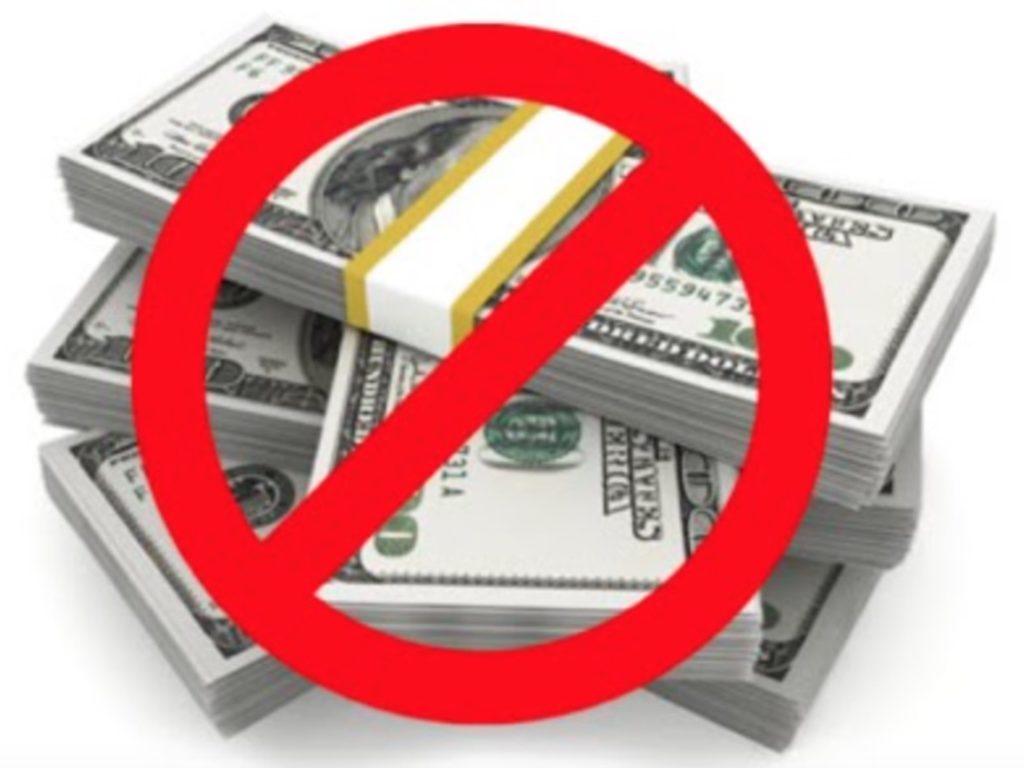“Bellwether for global trade,” that’s how the Financial Times described Maersk Lines, the world’s largest container shipping company. It’s owned by Danish conglomerate AP Møller-Maersk, which also owns, among other divisions, Maersk Oil. The conglomerate reported fourth quarter earnings today. And they were a doozie.
Maersk B shares plunged over 9% to 7,395 Danish kroner, before bouncing off and closing at 7,875, down 3.6% for the day and down a breath-taking 52% from their peak on March 30 last year.
Global economic slowdown — or worse? That’s the question. This is what CEO Nils Andersen told the Financial Times in an interview after the earnings release:
“It is worse than in 2008. The oil price is as low as its lowest point in 2008-09 and has stayed there for a long time and doesn’t look like going up soon. Freight rates are lower. The external conditions are much worse, but we are better prepared.”
“Better prepared,” that is, than the Group had been in 2008.
He called global trade conditions “abnormal.” Containerized imports to Europe, Brazil, Russia, and West Africa all fell – in Europe and Brazil due to various economic reasons; in oil exporters Russia and West Africa due to the collapse in the price of oil.
The earnings report reflected it: in terms of seaborne container freight, the year had started out with some room for optimism and hopes for growth, but in the second half, and particularly in the fourth quarter, those hopes got hammered by an increasingly gloomy reality.
“Massive deterioration,” Andersen called this phenomenon in the interview.
“Acceptable full-year result in challenging times,” is what the Group called the phenomenon in its earnings report.
…click on the above link to read the rest of the article…


 One fine morning in money heaven….will it ever rain down again? Of course, no money has actually disappeared. Only make-believe values have. Image credit:
One fine morning in money heaven….will it ever rain down again? Of course, no money has actually disappeared. Only make-believe values have. Image credit: 

